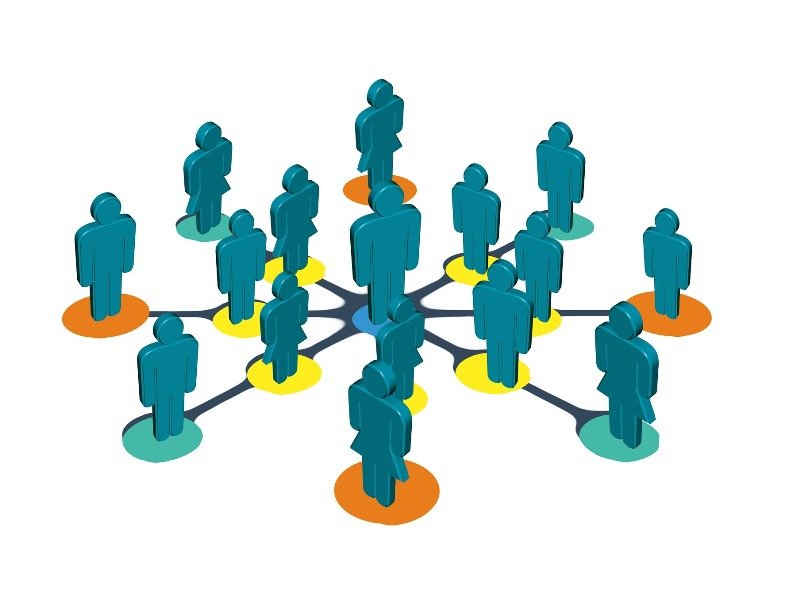Reinier advises national and international companies
reinier.russell@russell.nl +31 20 301 55 55Distribution and agency agreements are often confused. And this is not surprising: there are similarities. However, it is crucial to be aware of the differences. Why is that so important? And what are the differences?

In both distribution and agency a supplier or manufacturer uses an intermediary to promote and distribute his products. At first it may not seem to be significant how the relationship between the supplier and intermediary is characterized. Yet, the qualification is of vital importance, as in addition to the similarities there are crucial differences.
Predicting the future is difficult. However, when entering into a long-term agency or distribution relation it is crucial to think about what the situation could be like after one, two or ten years. Clarity from the start will prevent hassles later on. Therefore, it is advisable to devote attention to qualifying the relationship (particularly by asking questions as: who bears the risk of the intermediary’s actions and who will determine the sales strategy?), to actually putting this qualification into practice and to drafting a sound written distribution or agency agreement. We will gladly help you to do so of course!
Do you have any questions about this blog? Would you like us to assess or draw up a distribution of agency agreement for you? Or do you have a dispute with your distributor, agent or principal? Please contact us:
As from 3 December 2018, there will be a ban on geo-blocking by websites within the EU. What does this mean for the agency, distribution and franchise industry?
Is the supplier allowed to determine for what price the distributor has to sell products or services?
As of 1 January 2026, the Money Laundering and Terrorist Financing (Prevention) Act (Wwft) will change. Cash payments of EUR 3,000 or more will then be prohibited. What does this mean for the retail sector and the art trade?
A franchise agreement is often linked to an agreement for the lease of business premises. What happens if the franchisor and franchisee have a conflict? Does the lease agreement remain in force if there are problems with the franchise?
Managing a nonprofit organization requires not only idealism and dedication, but also a sensible approach to legal opportunities and risks. This ensures that the charity is future-proof. What are the important issues that need to be properly addressed?
Almost all companies now use some form of AI. This means that they may be subject to the prohibitions and regulations set out in the European AI Act. How can you ensure that you comply with these rules?